Blockchain and its impact on HR management

Blockchain is transforming numerous fields and human resources is no exception. This technology promises to transform employee data management, credential verification and process optimization. By providing an immutable and secure record, blockchain brings transparency and efficiency to HR management.
Tabla de contenidos
ToggleExplore how blockchain revolutionizes HR by improving the security and efficiency of talent management processes.
Blockchain is a technology that is gaining weight in the organizational transformation strategies of companies and, to understand what blockchain brings to human resources management, we will first review what this technology consists of. Its main novelty lies in the fact that it is a decentralized and distributed digital registry that securely stores information in different blocks that are cryptographically linked.
Each of these blocks contains a set of transactions, and once a transaction is recorded in a block, it cannot be modified without altering all subsequent blocks. This ensures data integrity.
Data security and privacy
Given the characteristics of this technology, HR data security with blockchain is gaining importance in companies seeking to improve the Employee Experience. The great attraction of blockchain technology is that, by providing an additional layer of security, it makes it difficult to manipulate or alter information without the consensus of the network.
This means that once information is recorded on the blockchain, it becomes virtually impossible to modify, ensuring data integrity. This feature is highly valued by HR departments, which can use blockchain technology to verify credentials, implement secure payroll management or establish secure blockchain-based recruitment and selection processes. But there are other use cases that accelerate HR innovation through blockchain.
Contract management
Contract management is one of the main applications of blockchain to increase efficiency in HR processes and this technology is already being used in companies to manage labor contracts and other types of agreements between employers and employees in a secure and automated way.
These smart contracts can include terms related to compensation, responsibilities and working conditions, ensuring transparency and reliable execution of agreements. Employee privacy and blockchain form an attractive symbiosis for all parties involved in an employment relationship.
Also, the use of blockchain for efficiency in HR processes is often related to protecting employee privacy by allowing control over who has access to personal and professional information. In this way, employees can selectively share certain data with potential employers or regulatory authorities, while maintaining control over their own information.
This blockchain functionality is not only beneficial for the employee, it also means that companies are less exposed to data breaches, can optimize talent management with blockchain and act transparently in employee management.
Efficiency in payroll management
The integration of blockchain into HR systems is also frequently used to improve payroll management. A platform such as BesTalentIA by aggity, which also incorporates other technologies such as Artificial Intelligence and Machine Learning, helps companies to manage this area more efficiently.

Blockchain technology can be used to facilitate and automate payroll payments and employee benefits management. Blockchain-based smart contracts can automatically execute payments and benefits once certain conditions are met, reducing errors and administrative costs.
In addition, blockchain provides an immutable record of work histories, making the management of sick leave, vacation or training and development plans with blockchain more effective.
Training and professional development
The impact of blockchain on a company’ s organizational culture will grow gradually. Not only because of the importance of the security it provides to labor relations, but also because of the important role blockchain will play in performance evaluation.
Blockchain technology translates into greater transparency and objectivity in the processes of performance evaluation Employees can easily understand their strengths and areas for improvement.

Challenges
The future of HR with blockchain seems near, but it is true that it presents different challenges. The main challenge is that the adoption of blockchain by HR departments requires the training of the professionals within them so that they can develop a proper implementation strategy.
Among the main risks of blockchain technology is also often pointed out the guarantee of interoperability between different blockchain platforms and systems, especially when sharing data.
Finally, another important point to keep in mind is, paradoxically, security because, although blockchain is inherently secure, additional security measures must be implemented to protect the data stored on the blockchain and prevent possible attacks.
Últimos posts

aggity strengthens its commitment to sustainability as a SILVER partner of “Fundación Empresa & Clima”.
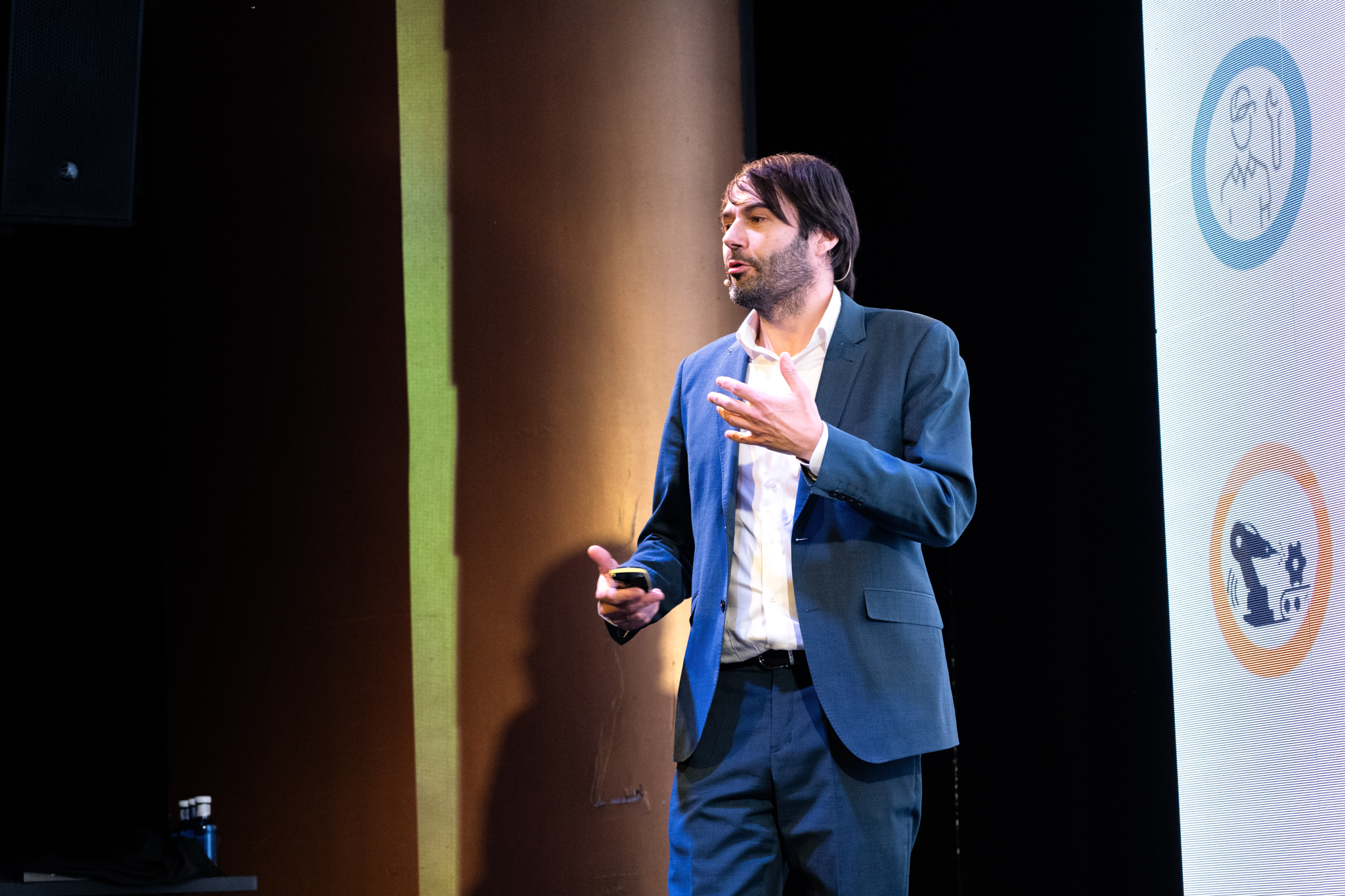
aggity participates in the IBM Ecosystem Summit 2024 with an applied case of Generative AI in the food industry
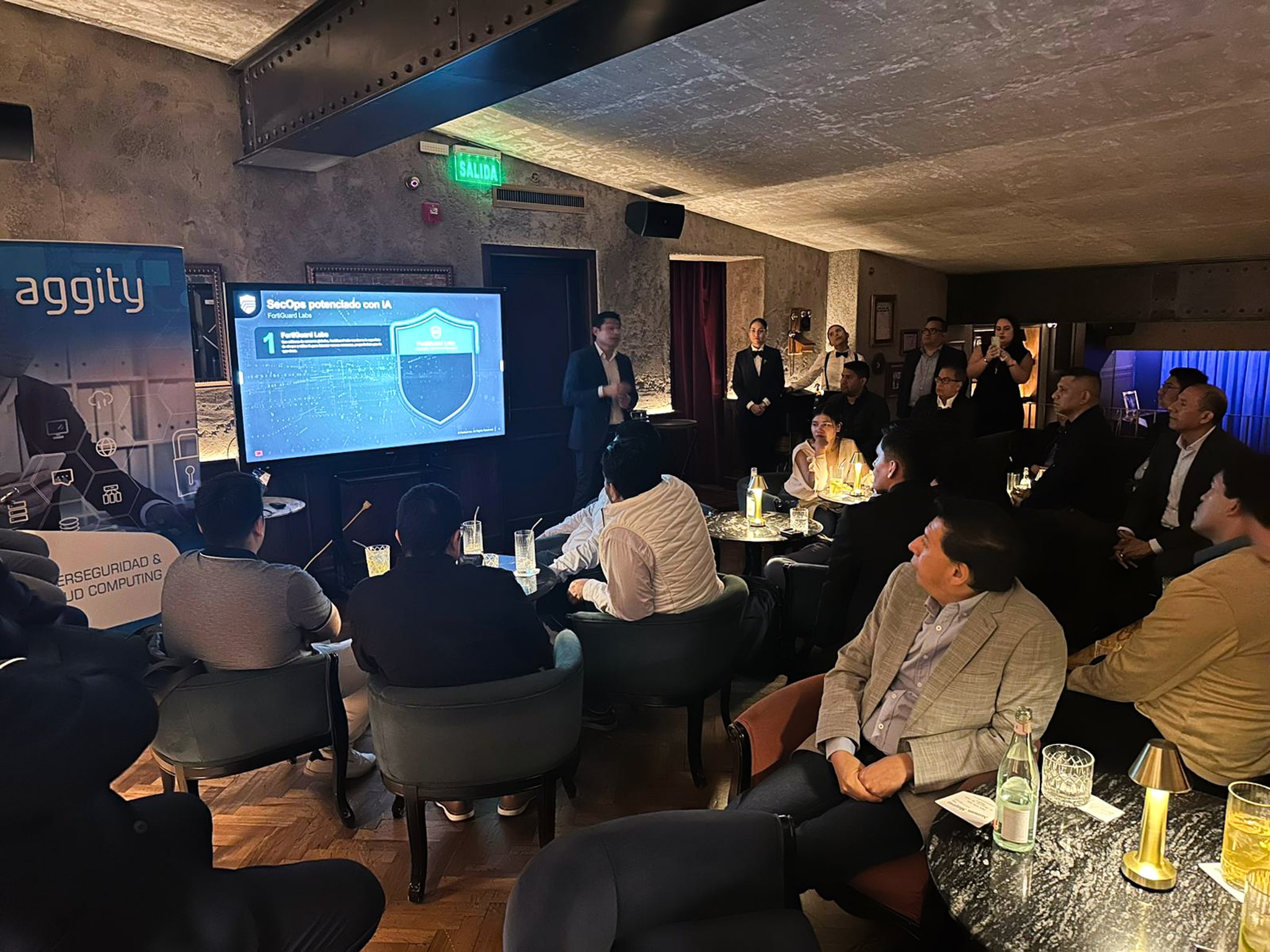
Aggity, together with the multinational Fortinet, present an exclusive event in Lima on the application of Generative AI in Corporate Cybersecurity.
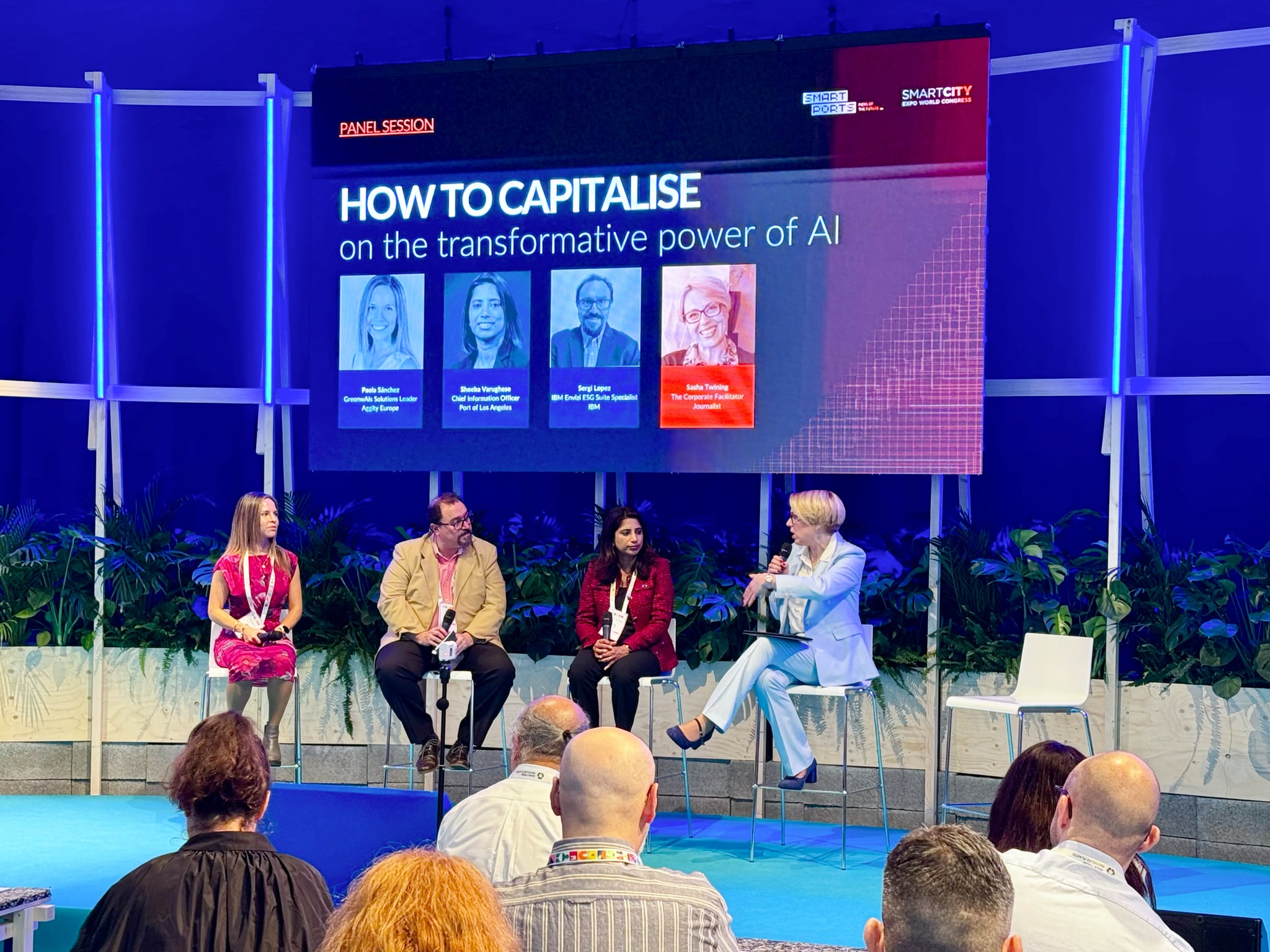
aggity participates in Smart Ports: Piers of the Future

aggity Supports the Contigo Foundation at its Annual Dinner
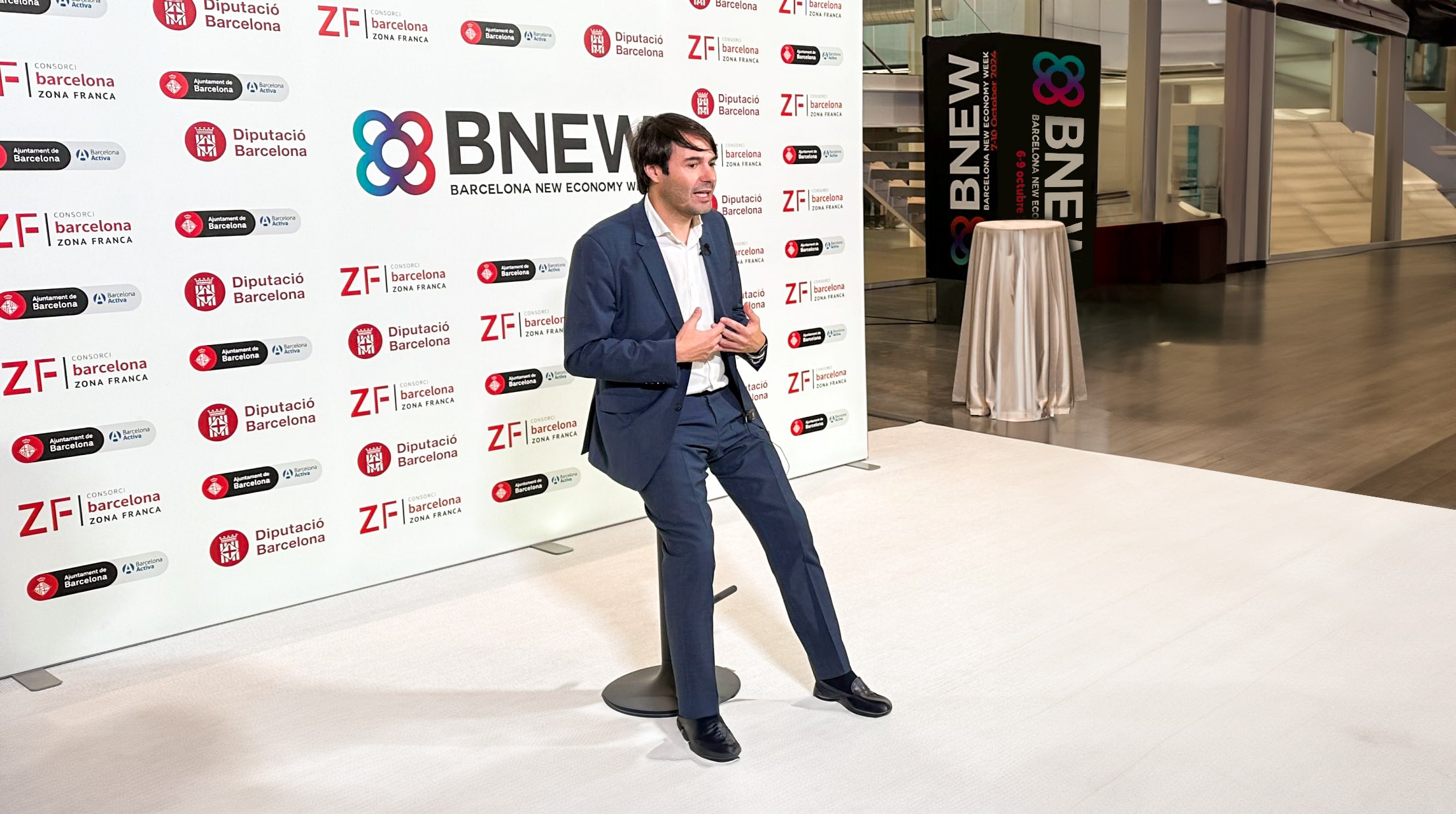
Challenges and Opportunities of Generative AI in Industry: Our Experience at BNEW
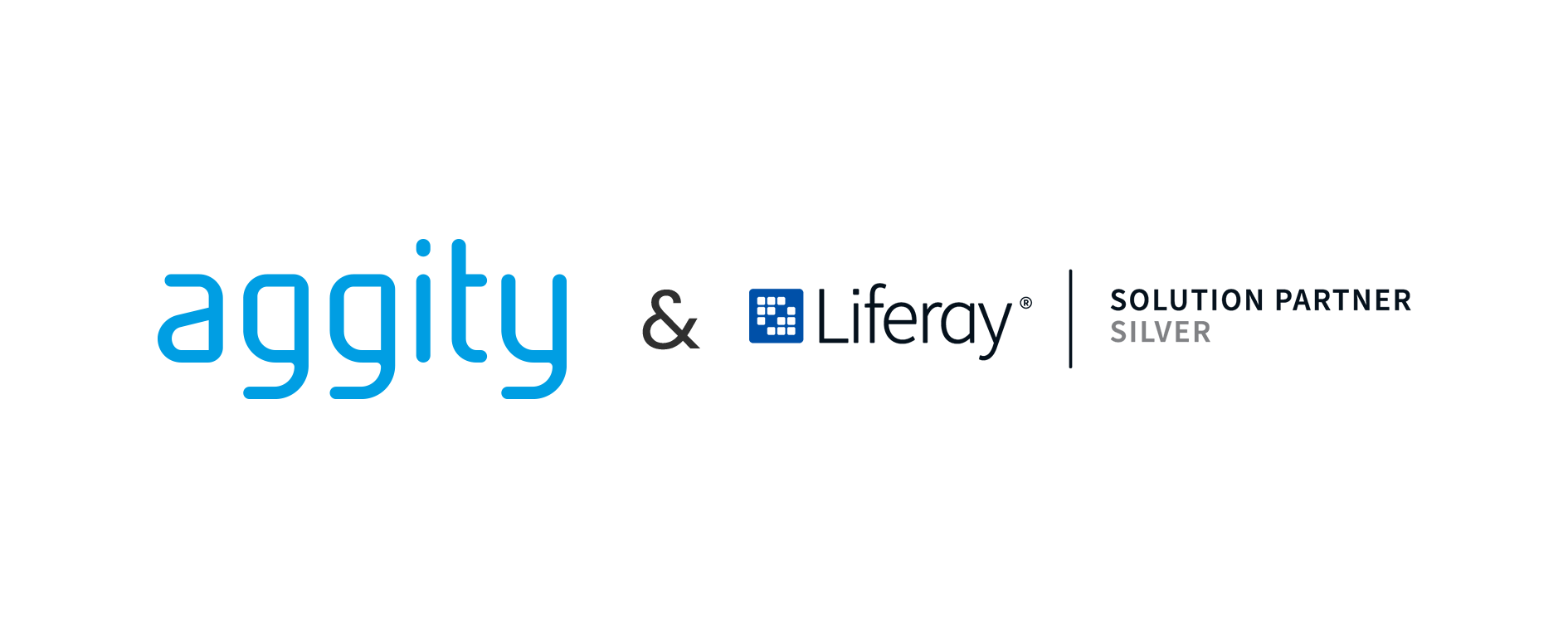
Official Liferay Partner in Spain





